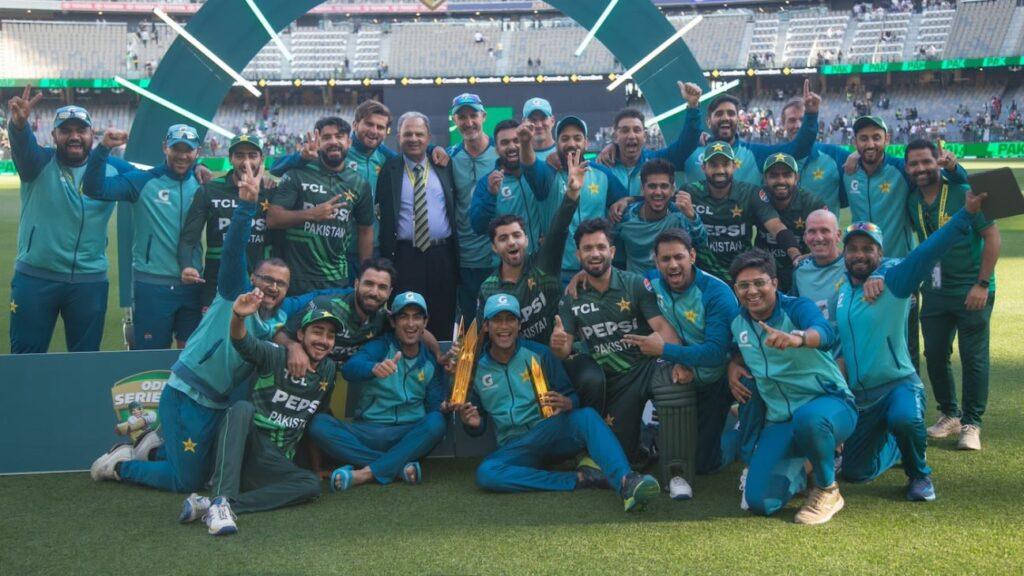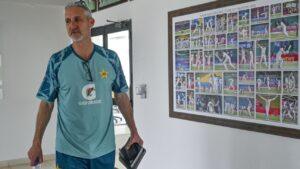“Our main focus right now is ODI cricket before the Champions Trophy,” Aaqib said. “You will see a team settled in this format. You will see changes in the T20I format. We plan to give opportunities to new players in the Zimbabwe series. It is a message and an opportunity for new players to take advantage of the opportunities they have.” It has been given to you. If you don’t give new players a chance, you will never have a chance to improve your bench strength.
“Australia has never been an easy tour. When the team left, if we had said we were going to win the series, people would have thought it was impossible. Under the new captain [Mohammad Rizwan]They showed the world that they could do it after 22 years. [by winning 2-1]. They also had opportunities in the three T20Is, but if you don’t take them, you won’t win.”
Aaqib, however, sought to present its selection responsibilities as a collaborative rather than a top-down arrangement. “We always consult the coach and the captain, and then the selection committee announces the team,” he said. “From Multan till now, there has been consistency in the selection. Asad Shafiq was on the tour of Australia. His role was to discuss the selection with the coach and captain, and present a final team, which would be discussed by the selection committee, who would make The final decision. Now, instead of Asad, it will be me, but the final eleven will be decided by the committee. The selection committee is not just me, it is a panel of five people.
“I’ve been coaching for 20 years. There’s a limit to the coach’s role. You can create an environment and give clear, loud messages about the type of cricket you expect them to play, and help them prepare. But in the end, the players and the captain provides the results”.
Aaqib is aware of the scrutiny and criticism that a coaching job entails; in fact, he criticized several of his predecessors, pointing especially to what he considered Misbah-ul-Haq’s dual role, when he was the main selector and the head coach. With Aaqib in an uncomfortably similar position; Now, however, he believed that the cases could not be directly compared.
“My case is slightly different from the cases you mentioned,” he said. “I am not the chief selector, but part of a panel. I don’t see it as a problem because we all want to select players who will do the best for Pakistan.
“Criticism is inevitable and can be healthy. It is within the player’s control whether people praise or criticize him. That also applies to the team. Criticism and praise depend on your performance. I will be the first to accept criticism if it happens. they deserve.”
Pakistan’s tour of Zimbabwe will begin with the ODIs on November 24, 26 and 28, followed by the T20Is on December 1, 3 and 5. All matches will be played in Bulawayo.




